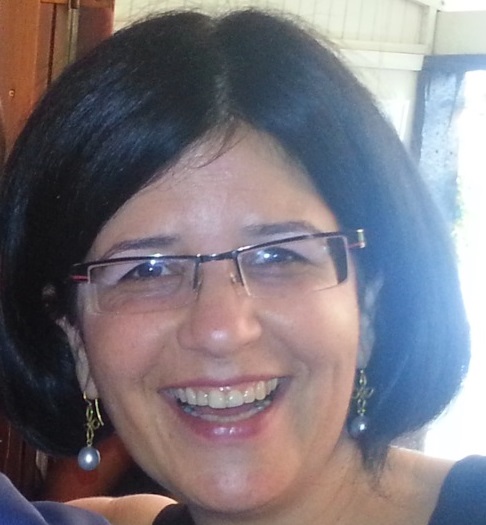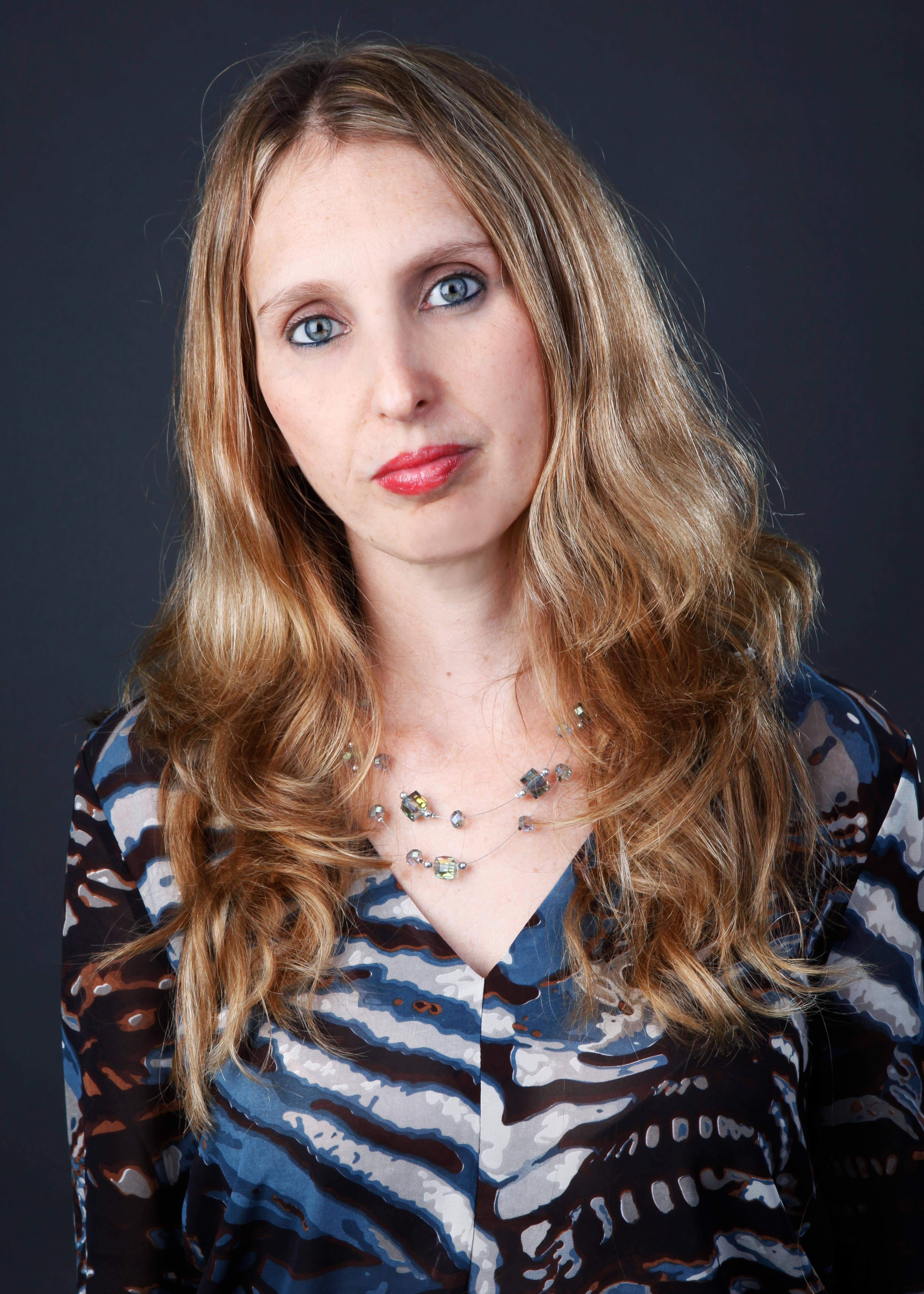








Collins-Kreiner, Noga
Noga Collins-Kreiner (University of Haifa) – Social Science
Noga Collins-Kreiner is a Professor (PhD), in the Department of Geography and Environmental Studies at the University of Haifa, Israel. Her main research interests are: Tourism Development and Management, Tourism, Religion and Conflicts, Tourism and Politics, Tourism and Terrorism.
Dubnov, Jonathan
Jonathan Dubnov (Ministry of Health, University of Haifa) – Public Health and Emergency Medicine
Jonathan Dubnov is currently senior lecturer, Deputy Chief Regional Physician, Haifa Region. Main activities: Participation in health impact assessment for different environmental pollutant sources and industrial projects on the local and on the Israeli National level. Participation in policy decision making process on the Israeli National level and on the European Region. Israeli representative in WHO Task Force on Health Effects of Long-range Transboundary Air Pollution. Research activities accent on air pollution exposure, children respiratory health, cancer morbidity, etc.
Elkin-Koren, Niva
Niva Elkin-Koren (University of Haifa) - Law
Niva Elkin-Koren is a Professor of Law at the University of Haifa, Faculty of Law and a Faculty Associate at the Berkman Klein Center at Harvard University. She is the Founding Director of the Haifa Center for Law & Technology (HCLT), a Co-Director of the Center for Cyber, Law and Policy and the former Dean of the Faculty of Law at the University of Haifa. Her research focuses on addressing cyber security challenges, and more specifically on incorporating accountability and legal oversight into digital governance systems, of algorithmic decision-making and AI.
Farchi, Moshe
Moshe Farchi (Tel Hai Academic College) – Welfare and Social Work
Moshe Farchi, PhD. is a Senior Lecturer at the Social Work Department in Tel-Hai Academic College under which he founded and currently the head of the Stress, Trauma & Resilience Studies Program. He is an expert in the fields of acute trauma, emergency mental health intervention, Psychological First Aid (PFA) and psychological inoculation, among other fields associated with PFA protocols. Dr. Farchi has also conducted extensive research into the fields of resilience empowerment and trauma symptoms reductions, primarily during the acute stage of trauma (ASR-ASD).
Dr. Farchi is the Founder and Leader of the SIX Cs model for resilience derived from empirical academic knowledge and lessons learned by Israel’s Home Front Command, EMS, and other emergency response units. The SIX C's model has been recognized and approved by the Israeli Ministry of Health as the national psychological first aid model. To date, this approach has been adopted and successfully utilized by the Ministries of Education, Health, and Internal Security in Israel, Israel traffic police, as well as by the Israel Defense Forces (IDF) as the main model for immediate assistance in stressful and emergency situations.
Dr. Farchi is a lieutenant colonel in the Home Front Command of the Israel Defence Force, and in charge of planning & implementing the emergency interventions protocols . Dr. Farchi led trauma relief efforts during Operation Cast Lead (2009), Operation Pillar of Defence (2012) and Operational Protective Edge (2014). He was also the head of several humanitarian psych-social delegations to Sri Lanka, Georgia and Haiti on behalf of the Israel Defence Force Home Front Command. Dr. Farchi has successfully published several innovative articles and book chapters in recent years on topics related to trauma intervention in the acute phase. He has also attended over 30 conferences in countries throughout the world.
Feitelson, Eran
Eran Feitelson (Hebrew University) - Institutional Coordinator Hebrew University, Environment, Group head; Public Policy Group head
Eran Feitelson is a Professor at the Department of Geography of the Hebrew University of Jerusalem. He is the founder of the Advanced School for Environmental Studies. He was previously head of the Federmann School for Public Policy and Government (2004-9) and chair of the Department of Geography (2003-4). He holds an MA in geography and economics from the Hebrew University of Jerusalem and a Ph.D from the Department of Geography and Environmental Engineering at the Johns Hopkins University. He has published over 100 articles in refereed journals and edited volumes on water policy issues, transport policy, environmental policy, and planning. His research focused on trans-boundary water issues in the Israeli-Arab context, transport and environment policies and land and planning policies and politics. Recently he has worked on the political and economic facets of large scale seawater desalination, on the definitions of water needs, on the formulation of policy packages, equity facets of transport, earthquake preparedness, and the politics of land and land use planning in Israel. In the context of earthquake preparedness he led a team that advanced policy packages for residential retrofitting in areas where property values are low, and thus TAMA 38 does not apply. Following this study he participated in a team that assessed earthquake preparedness in Israel. Currently he is leading a team that is analyzing the suitability of the different retrofitting policy packages to different municipalities in Israel. In addition to his academic work Eran Feitelson has participated in several national planning teams in Israel and has been a member of many national committees. He is also the head of the National Parks and Nature Reserves Commission for the last three years, having chaired it for ten years (1999-2009). He was a Visiting Senior Researcher at Center for Urban Policy and the Environment, Indiana University (1997/8), a non-resident Visiting Fellow at the LBJ School of Public Affairs at the University of Texas (2007-11) and a Visiting Professor in the School of Geography and Environment at the University of Oxford (2009-10). Eran Feitelson has supervised the PhD dissertations of more than 20 students and the masters theses of some 30 students, on a wide variety of topics. These included vulnerability to climate changes, climate change adaptation, policy change, coastal management, land use planning and management and open space issues.
Fishhendler, Itay
Itay Fishhendler (Hebrew University) – Public Policy; Environment
Professor Itay Fishhendler heads the Environmental and Planning Program at the Hebrew University of Jerusalem. His research interests focus on decision-making under conditions of political and environmental uncertainties. He has published over then 40 articles in leading public policy, conflict resolution, peace studies, geography, ecological economics, and environmental journals. Itay is now engaged in research related to the politics of energy and water infrastructure. Many of Itay’s studies take a critical approach, often by the use of discourse analysis and content analysis, of planning and building protocols of national infrastructure, such as energy and water.
Frenkel, Amnon
Amnon Frenkel (Technion) - Engineering, Technology and Planning
Professor Amnon Frenkel hold the Joseph Meyerhoff Chair in Urban and Regional Planning is Associate Dean for Research and Graduate Studies at the Faculty of Architecture and Town Planning. His research interests are in the field of regional and planning; urban spatial dynamics, and regional aspect of technology diffusion. He established the Spatial Capital Resources Lab at the Center for Urban and Regional Studies, Technion with the aim to provide decision makers with tools and first tier quality data necessary making the best decisions for planning and development. Secondly, to provide decision makers with dynamic management tools based on objectively verifiable quantitative indicators, thus allowing measure and track long term accomplishments of the authorities as well as significant trends which are affecting the character of development in the various communities. In this context he investigates the variables that are likely to affect urban / community resilience, such as local economic capital, organizational capital of the municipality, etc.
Gal, Avigdor
Avigdor Gal (Technion) - Engineering, Technology and Planning
Professor Avigdor Gal of the Faculty of Industrial Engineering & Management at the Technion is a Technion graduate and an expert on information systems. His research focuses on effective methods of integrating data from multiple and diverse sources, which affect the way businesses and consumers seek information over the Internet. In particular, support emergency and disaster management require integrating ad-hoc information sources to quickly collect and analyze data. Gal has expertise in handling smart city sensor data.
Gerchman, Yoram
Yoram Gerchman (University of Haifa) - Environment
Dr. Yoram Gerchman is a faculty member in Oranim college (since 2005) and a research associate in University of Haifa. His research span many aspect of biology, from ecology, through biochemistry and up to applied research with special emphasis on water treatment and water safety, an issue of off utmost importance under emergency conditions where clean water is many times an issue and waterborne pathogens become common. To-date Dr. Gerchman has published 43 papers in peer-review journals, with 2295 citations.
His undergraduate, master’s and Doctorate degree are from the Hebrew University in Jerusalem, and he did his post-doc in Princeton University in the USA.
Gesser-Edelsburg, Anat
Anat Gesser-Edelsburg (University of Haifa) – Public Health and Emergency Medicine
Prof. Anat Gesser-Edelsburg is the head of the Health Promotion Program at the School of Public Health and the founding director of the Health and Risk Communication Research Center at University of Haifa. She is also Associate Editor of Disaster Medicine and Public Health Preparedness Journal. Her last book titled Risk Communication and Infectious Diseases in an Age of Digital Media (2016) was published by Routledge Studies in Public Health. Her areas of research include health and risk communication, social marketing, persuasive communication, health-promotion programs, entertainment-education and qualitative research.


